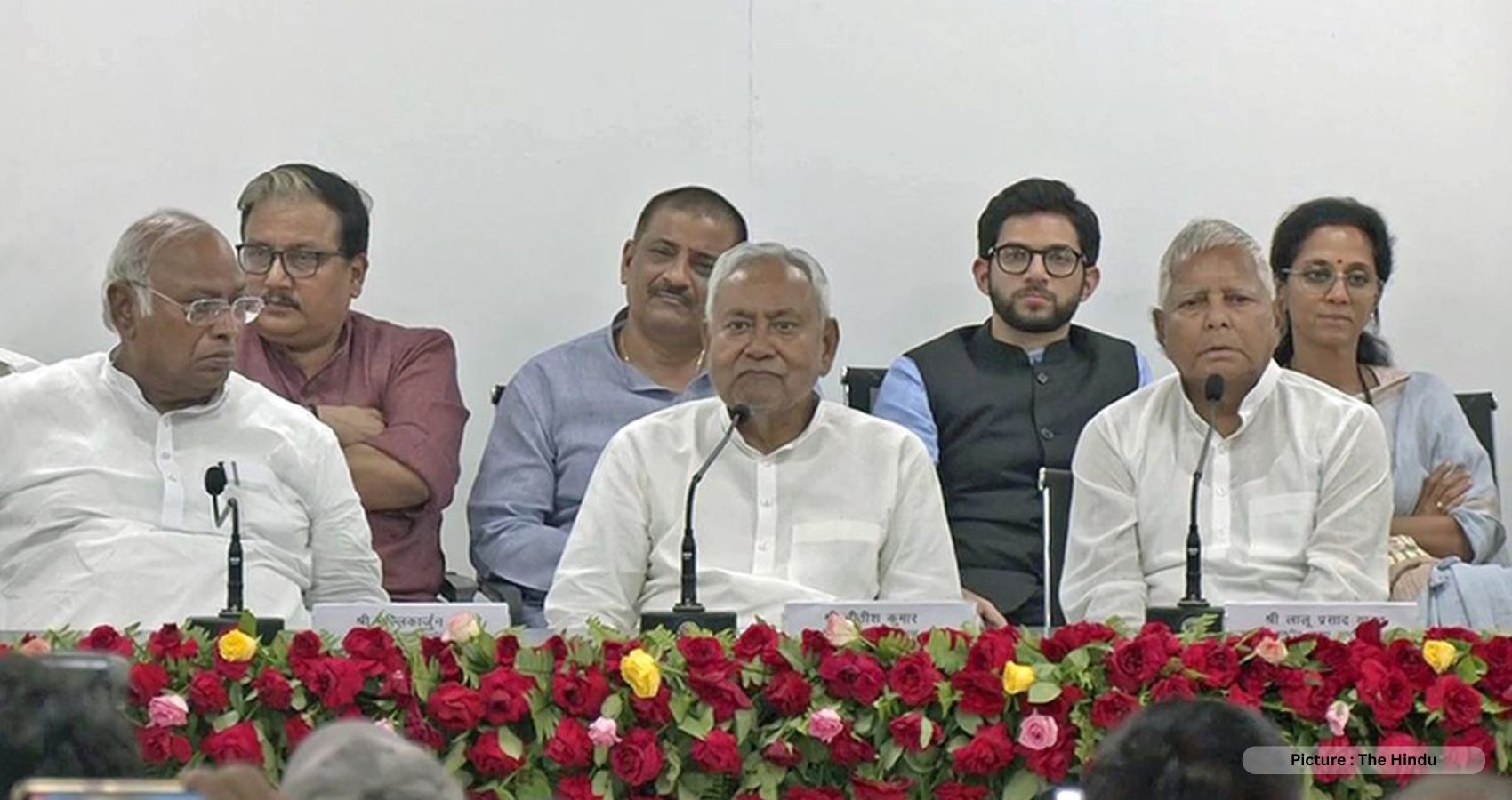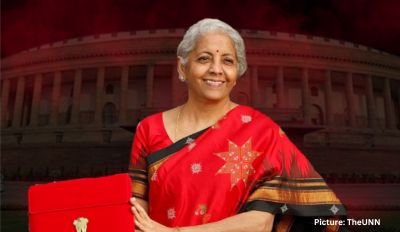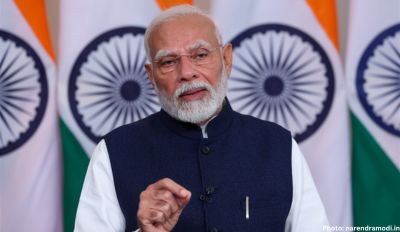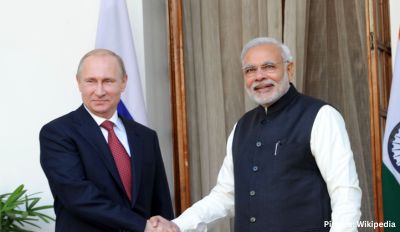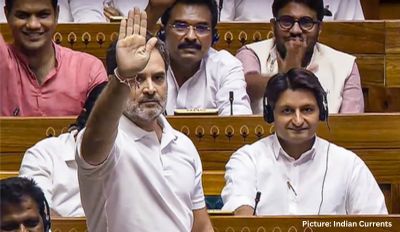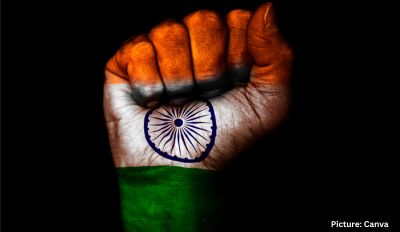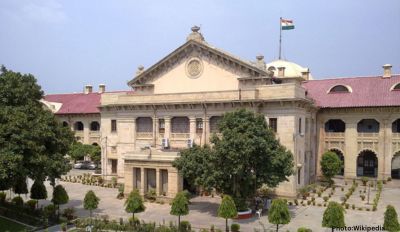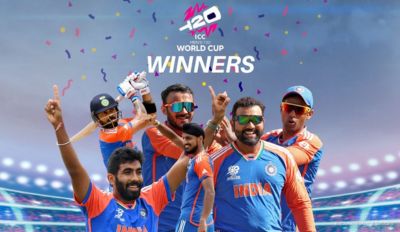Opposition parties convened in Patna, emphasizing the upcoming general election as a battle between “democracy and dictatorship.” The meeting aimed to present a unified front against the BJP, with a focus on setting aside past biases and working together. While no joint statement or seat-sharing formula was announced, the commitment to jointly combat the ruling party remained strong.
Highlighting their commitment to collaboration, the Opposition planned several future meetings, with the Congress scheduled to host the next gathering in Shimla around mid-July. Despite a few tense moments, particularly between the Congress and the Aam Aadmi Party (AAP), the overall atmosphere was cordial. Many opposition leaders urged the Congress to exhibit generosity, while the party, in turn, adopted a more reserved approach, prioritizing listening over speaking.
The meeting commenced with opening remarks from Bihar Chief Minister Nitish Kumar, leader of the Janata Dal (United), and his Rashtriya Janata Dal (RJD) colleague Lalu Prasad. Kumar expressed confidence that as the election draws nearer in May 2024, more political parties would join their alliance. Prasad, who made his first appearance at a political gathering following a recent kidney transplant, called on the Congress to demonstrate magnanimity and suggested that the dominant force in each state should be given precedence—a sentiment echoed later by Samajwadi Party (SP) leader Akhilesh Yadav.
Although Congress President Mallikarjun Kharge was encouraged to speak as the leader of the largest party present, he opted to listen attentively and reserved his remarks for the conclusion of the meeting. Sharad Pawar, the patriarch of the Nationalist Congress Party (NCP), expressed his desire for a joint statement to be issued, but other parties felt it was premature to do so at this stage. Arvind Kejriwal advocated for embracing the motto of “nation first, party second,” urging flexibility from each party.
Nitish Kumar, according to sources, stated, “As we edge closer to May 2024, many more political parties will join this block.”
The conversation then shifted towards the much-anticipated discussion on electoral arrangements. M.K. Stalin, the Chief Minister of Tamil Nadu and president of the Dravida Munnetra Kazhagam (DMK), emphasized that there cannot be a “single formula for seat sharing across the country.” He explained that it would vary from state to state based on the political dynamics in each region. This viewpoint was supported by Omar Abdullah, leader of the National Conference, who deemed the idea of having one common candidate against the BJP in all 543 seats as “impractical.”
Mamata Banerjee, the Chief Minister of West Bengal and leader of the Trinamool Congress, urged the opposition to strive for a “no vote to BJP” approach while being mindful that the fight should not devolve into a “BJP versus All” scenario. She emphasized that it should be framed as “BJP vs People of India.”
Rahul Gandhi, the former president of the Congress, addressed three key points towards the end of the meeting. He referred to Sharad Pawar’s comments, citing the Maha Vikas Aghadi alliance of the NCP, Congress, and Shiv Sena in Maharashtra as an example of how the opposition can overcome past differences and ideological issues. Gandhi emphasized that the Congress party would not be bound by its past preferences and dislikes, as unity among the opposition should begin with a clean slate. He also highlighted the BJP’s current monopoly over finances, institutions, and modes of communication, stressing the need for the opposition to build a common narrative to counter this dominance.
Sitaram Yechury, the general secretary of the Communist Party of India (Marxist), emphasized that the opposition must prioritize addressing the issue of economic distress. Bihar Chief Minister Nitish Kumar criticized the BJP, stating that the party in power at the center is not acting in the national interest.
During a joint press conference at the conclusion of the meeting, Kumar condemned the BJP, stating that the party is not working in the national interest. Banerjee declared that the opposition would work relentlessly to stall the BJP’s progress, even if it meant facing challenges and adversity. She affirmed three resolutions: unity among the opposition, collective participation in the election against the BJP, and the organization of the next meeting in Shimla. She concluded by saying, “History has started from here.”
Mallikarjun Kharge mentioned that the next meeting would involve further discussions on region-specific political scenarios. Former Chief Ministers Mehbooba Mufti and Omar Abdullah expressed concern that the very idea of India is under threat. Mufti stated that democracy and various institutions in the country are under attack, highlighting that what started in Kashmir is now affecting the entire nation. Abdullah expressed hope for free and fair elections in Jammu and Kashmir.
Left leaders D. Raja, Sitaram Yechury, and Dipankar Bhattacharya echoed the sentiment of moving forward together and fighting unitedly to reclaim the essence of the Republic. Similarly, Sharad Pawar and Uddhav Thackeray, leader of the Shiv Sena, stated that the first step towards a joint effort against the BJP has begun in Patna. They expressed confidence in achieving their goal through unified efforts.
Hemant Soren, the Chief Minister of Jharkhand, Akhilesh Yadav, and Lalu Prasad also addressed the media, highlighting that the meeting was the initial step towards their shared objective.
M.K. Stalin elucidated that “there can be no ‘single formula for seat sharing across the country'” and that it will vary based on the political equation in each state.

